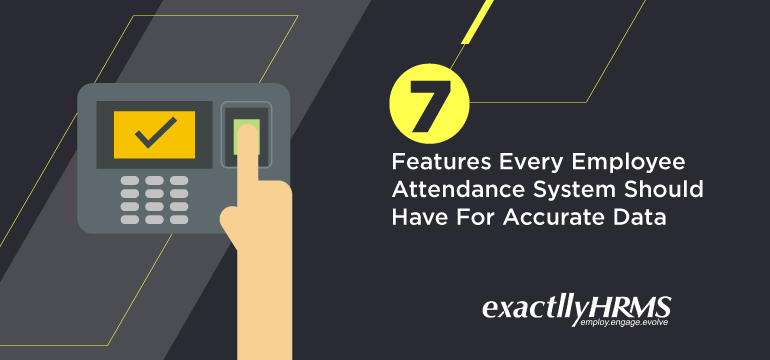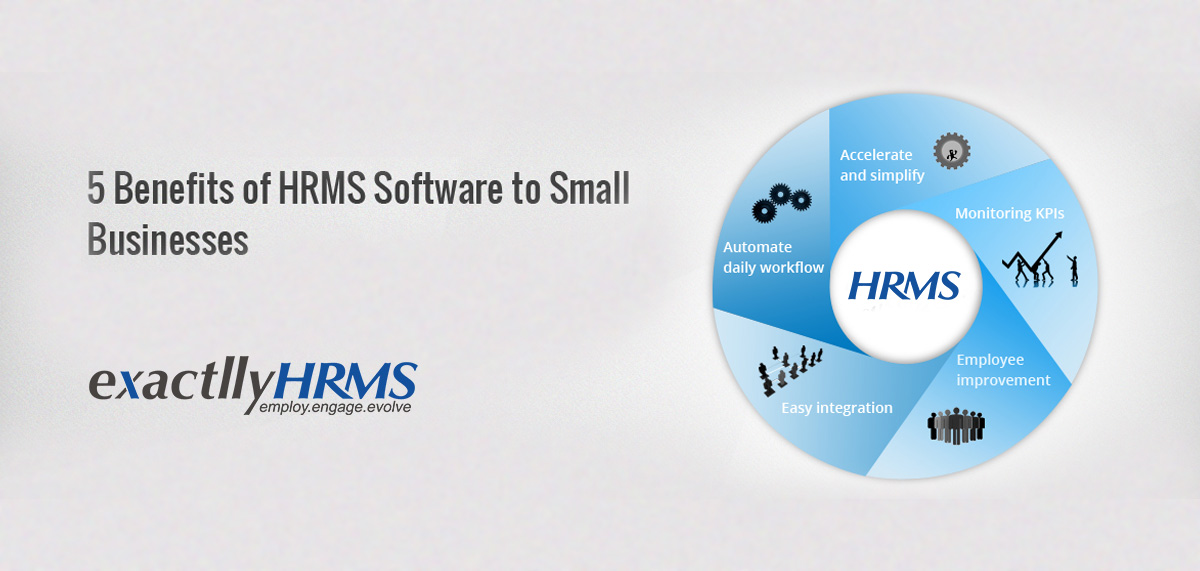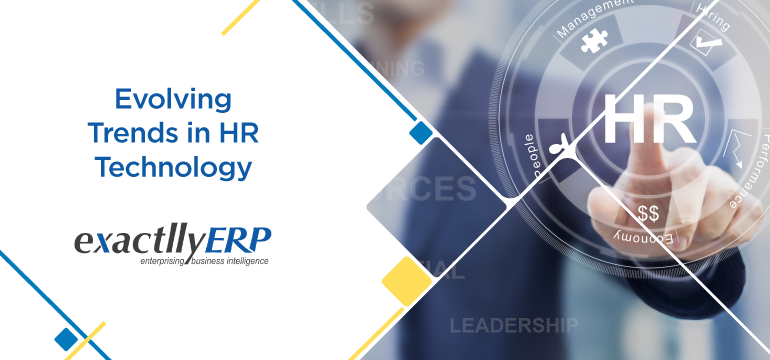Using Evidence Based HR : An Analysis

Many experts claim that their decisions are based on experience and they cannot go wrong. Practitioners and managers in almost every field make decisions and judgments. The decisions actually use a lot of evidence. If the supporting evidence is of poor quality then the decisions made also tend to be poor and risky. Using more and more high-quality evidence will ensure that your decision making follows an upward trend. To know more about evidence based management go through our blog.
Supposedly, you implemented an ERP system in your company and you want to find out what effect it had on the performance of the employees; you will probably look at the revenue and profits of the company. If you notice an increment in revenue and profits of the company, you may conclude that ERP led to an increase in the performance of your employees. This conclusion can’t be held true owing to its subjective characteristics. It could be possible that your employees worked harder than before and it wasn’t actually the ERP that led to the profit. If you form a decision based on realistic and foolproof pieces of evidence, the probability of going wrong diminishes.
Challenges in Following Evidence-Based System
There has been a lot of research on evidence-based decision making in business schools but the application of the concept has remained limited. Moreover, HR personnel have no motivation or incentives to follow evidence-based management. Managers are expected to act fast rather than use evidence and slow the pace of the decision-making process. Some managers feel that it overpowers their judgment ability. They also feel that collecting evidence is a time-consuming process and does not guarantee results. With so much routine work piled up, management hardly cares about accuracy and analysis.
What is Evidence Based Management?
Evidence-based management is the conscientious, explicit and judicious use of four sources of information. Conscientious refers to diligent work put in by the managers in pursuing it; explicit refers to jotting down and discussing the information being worked upon and judicious refers to critical judgments on the reliability of the evidence.
The sources are as follows:
- user’s expertise and judgment ability;
- evidence from local context;
- evaluation of research-based evidence;
- perspectives of people affected by a decision
How Evidence Based is HR?
HR is definitely evidence-based but the question arises on the extent of its usage. Research papers and traditional literature reviews are accessible to managers. Many clients expect the company to follow evidence-based management to ensure high service quality. But do the HR managers leverage the opportunities knocking at their door? It is time to take evidence-base management more seriously to bring revolution in how companies measure the performance of their employees. This can, in turn, help them to work on the criteria that improve the performance of the employees. This is how you can align your HR management to evidence-based management.
- Identify skills and resources to support evidence-based management
- Train yourself in evidence-based management
- Enhance access to academic journals
- Ask a lot of questions
- Develop decision-aiding tools, processes, and frameworks
- Admit the limitation of evidence-based content
Conclusion:
In the end, evidence-based management is a matter of choice. It depends on how you want to evolve as an HR professional, how you view the development of the HR profession as a whole and whether or not you wish to break fads. Nonetheless, it is important to generate relevant and trustworthy evidence to see what can be applied for analyzing problems and making decisions. Besides that, it is equally important to distinguish between good and poor evidence. exactllyHRMS is one of the leading HRMS providers. To know more Contact Us and get a Free Demo.






